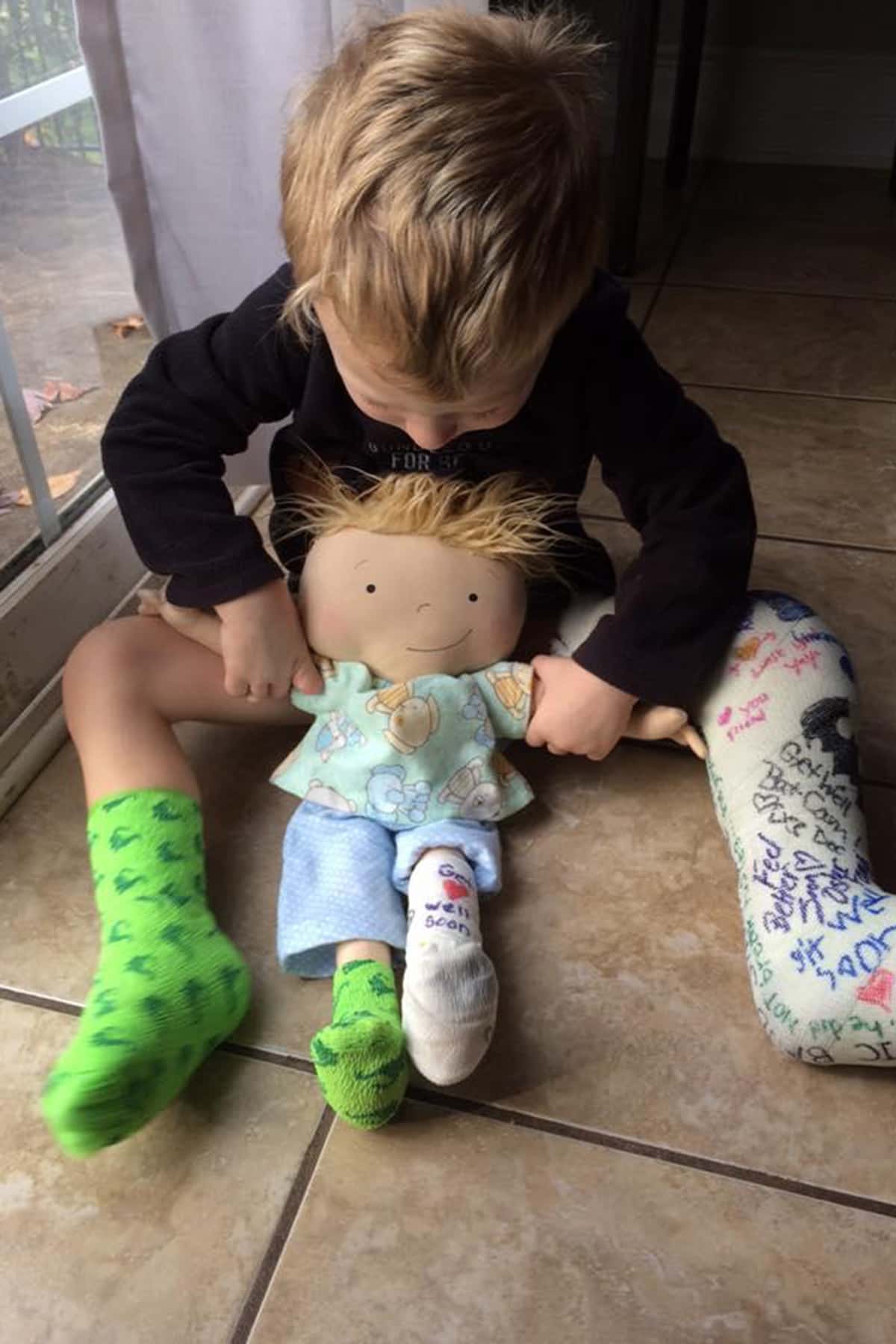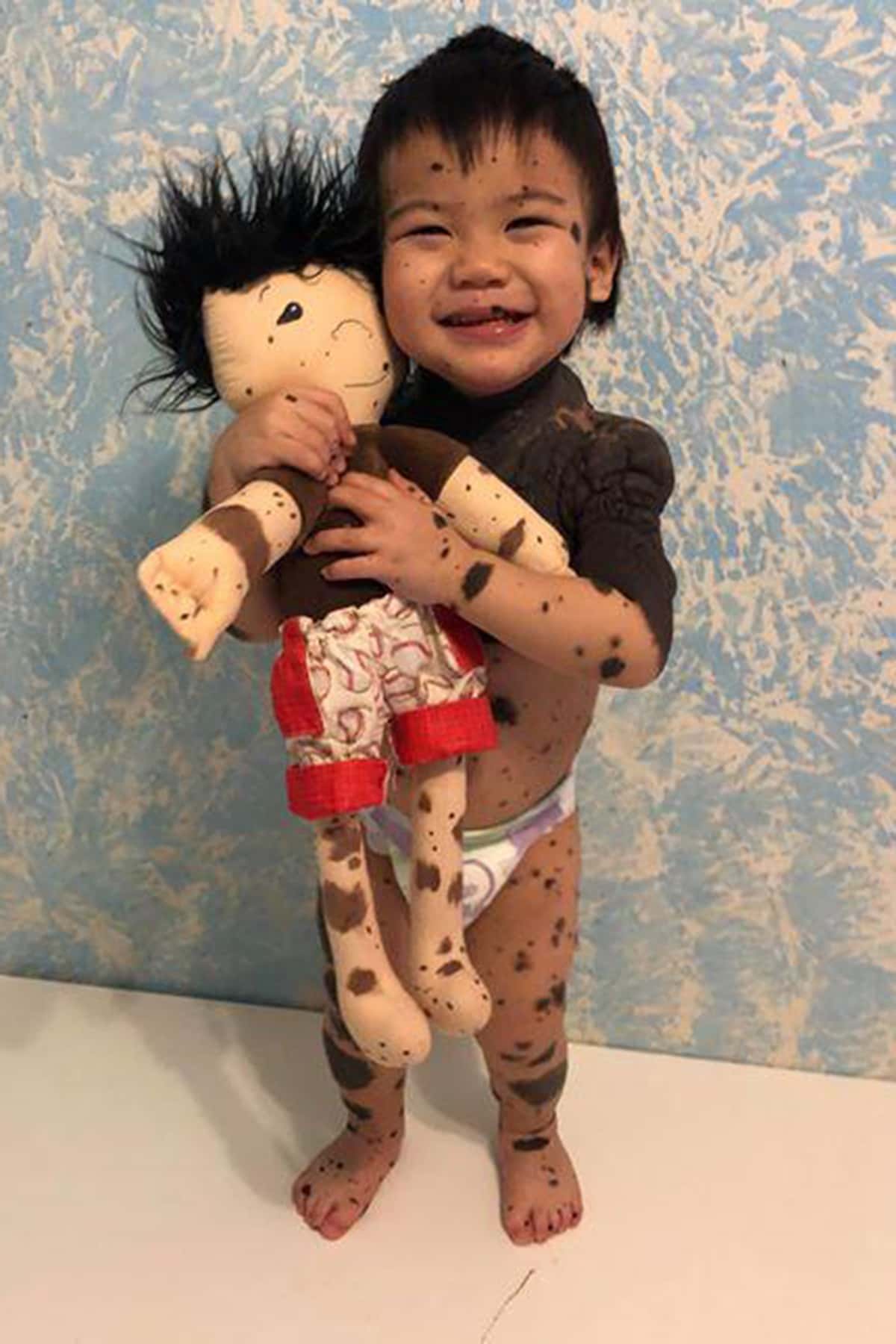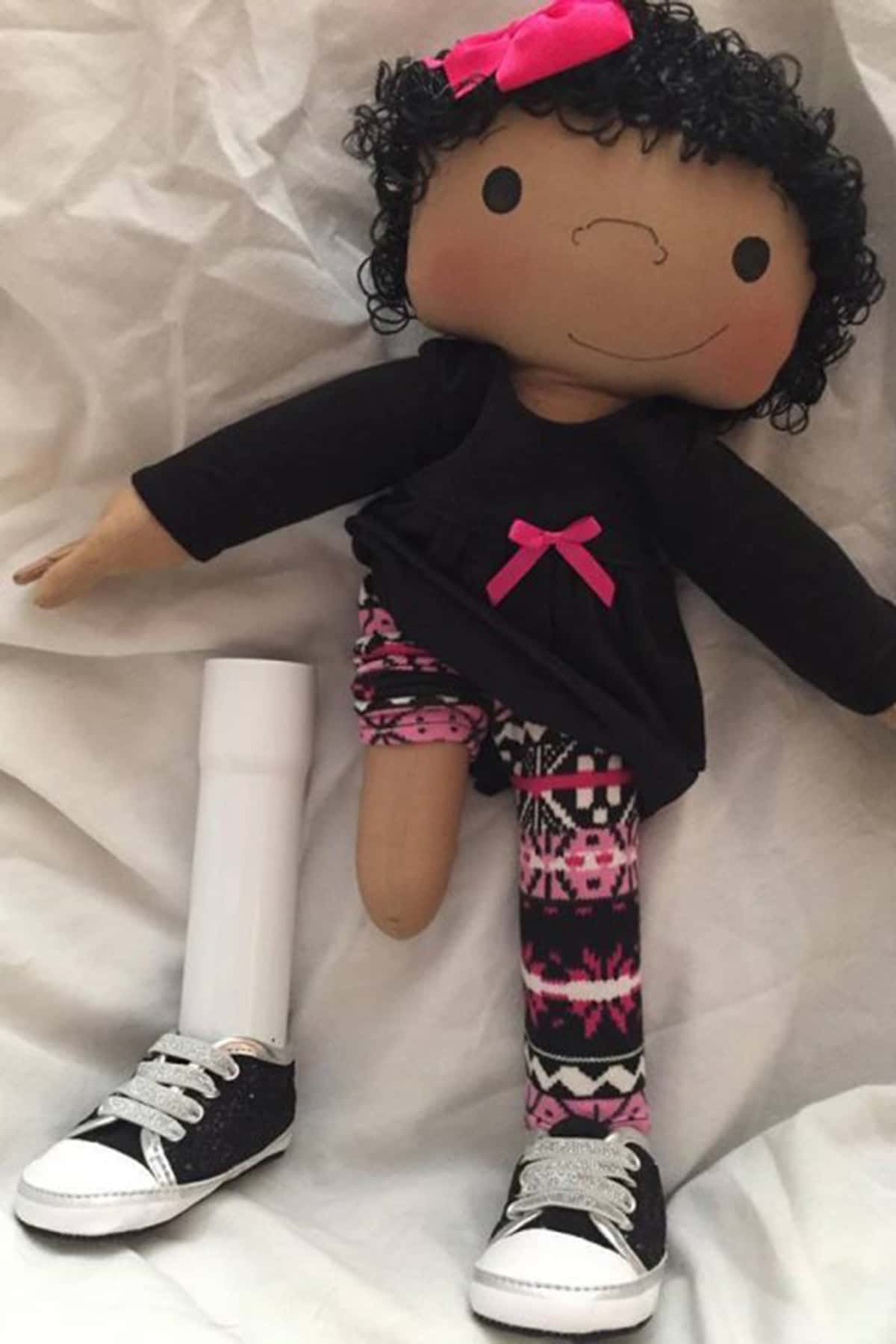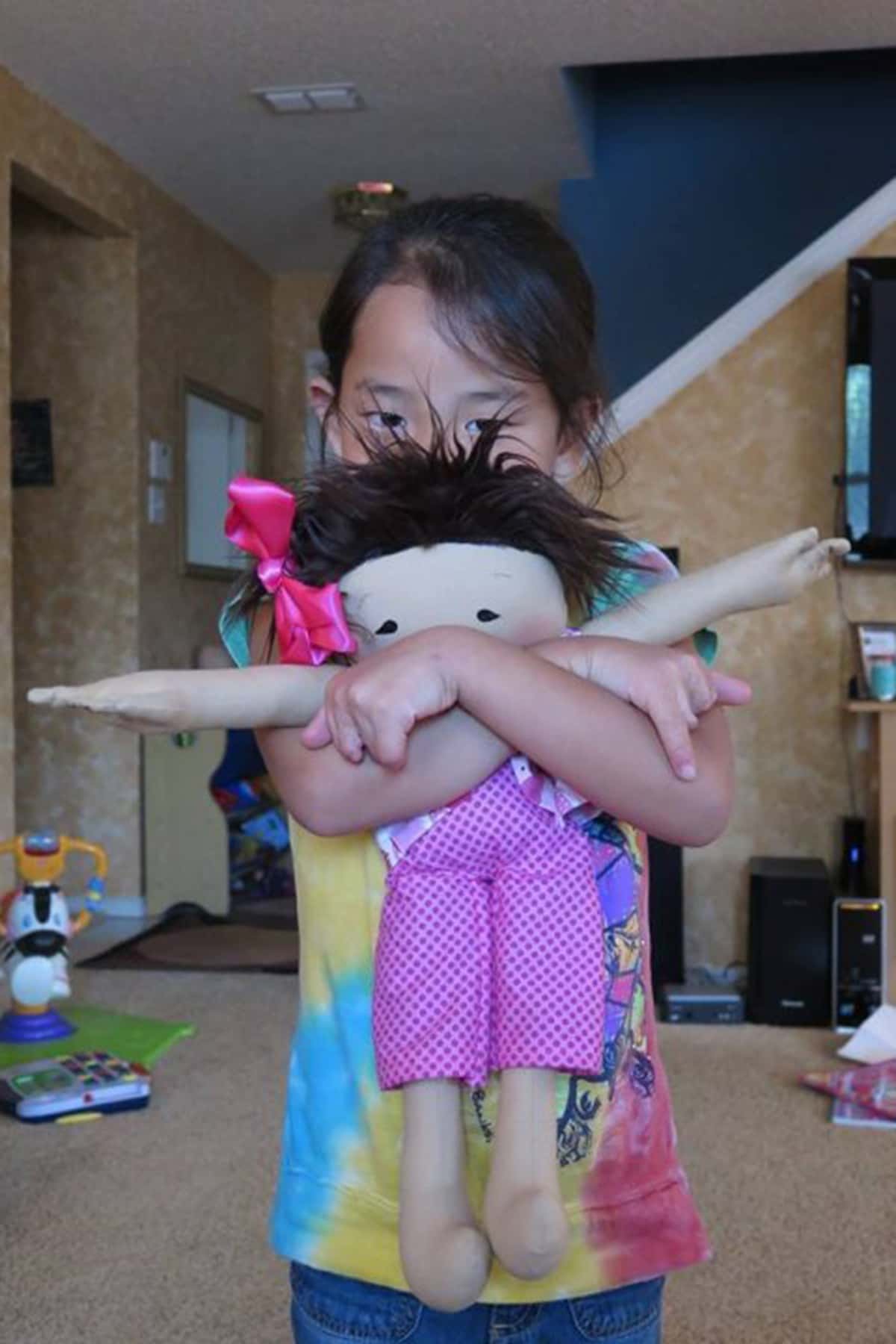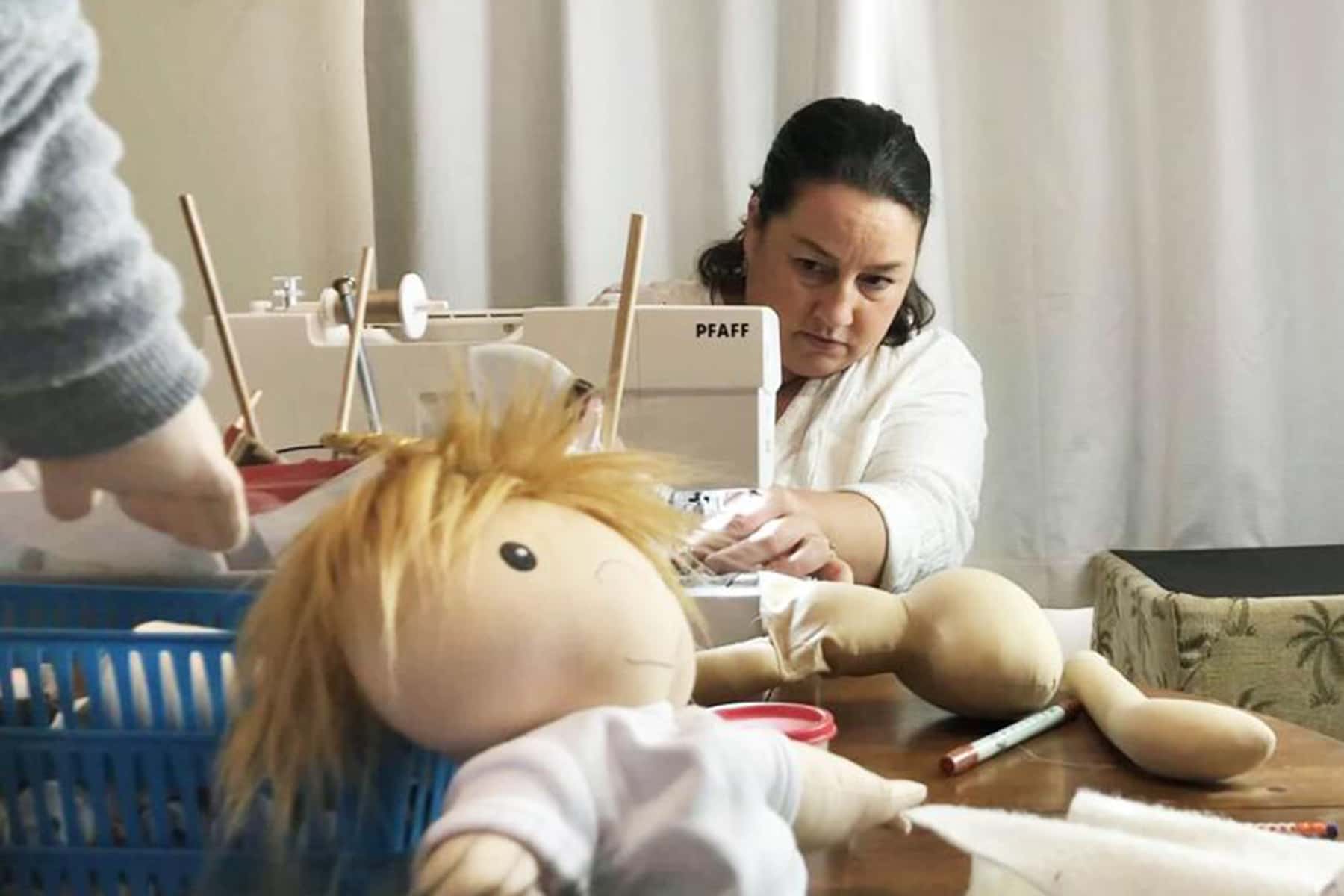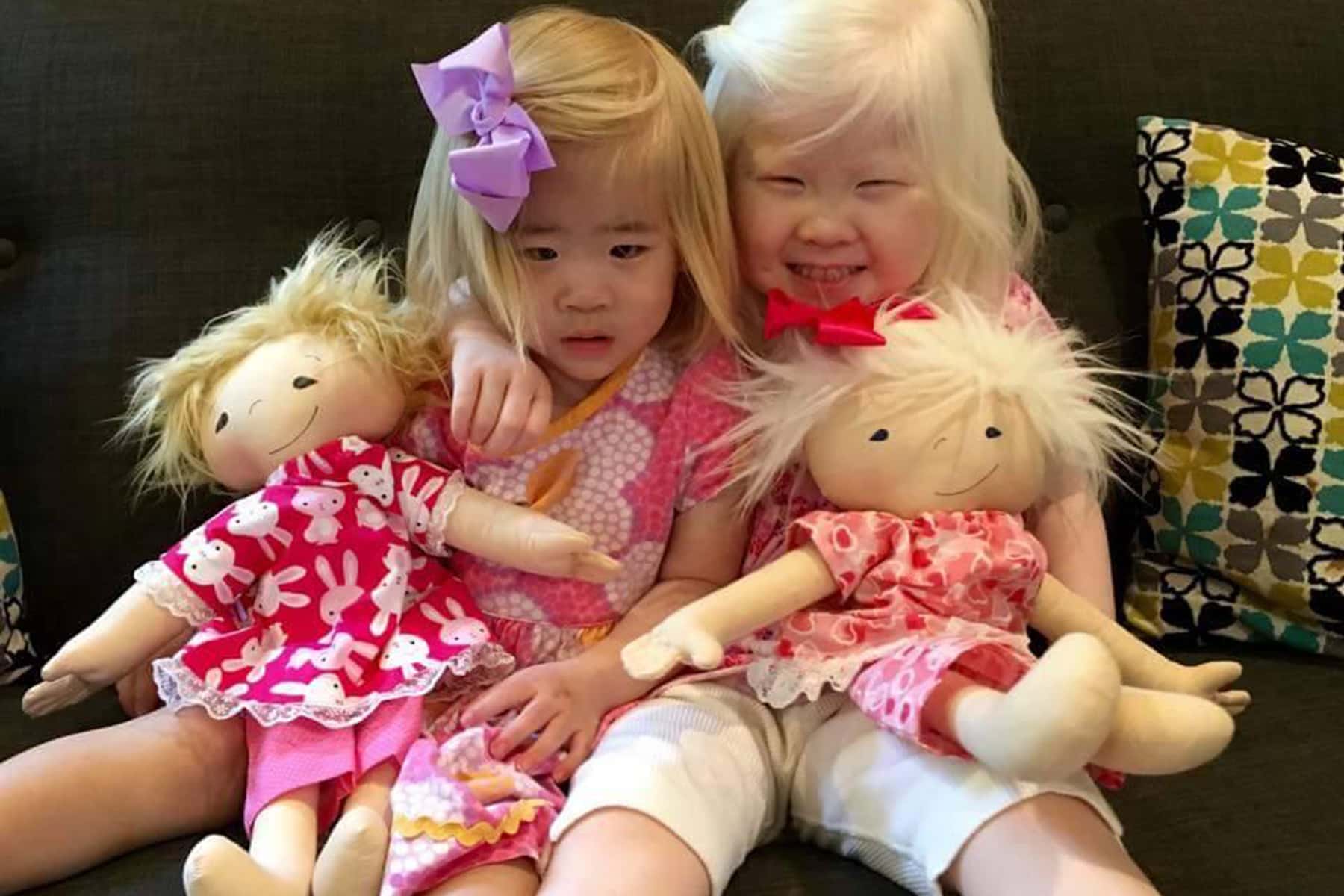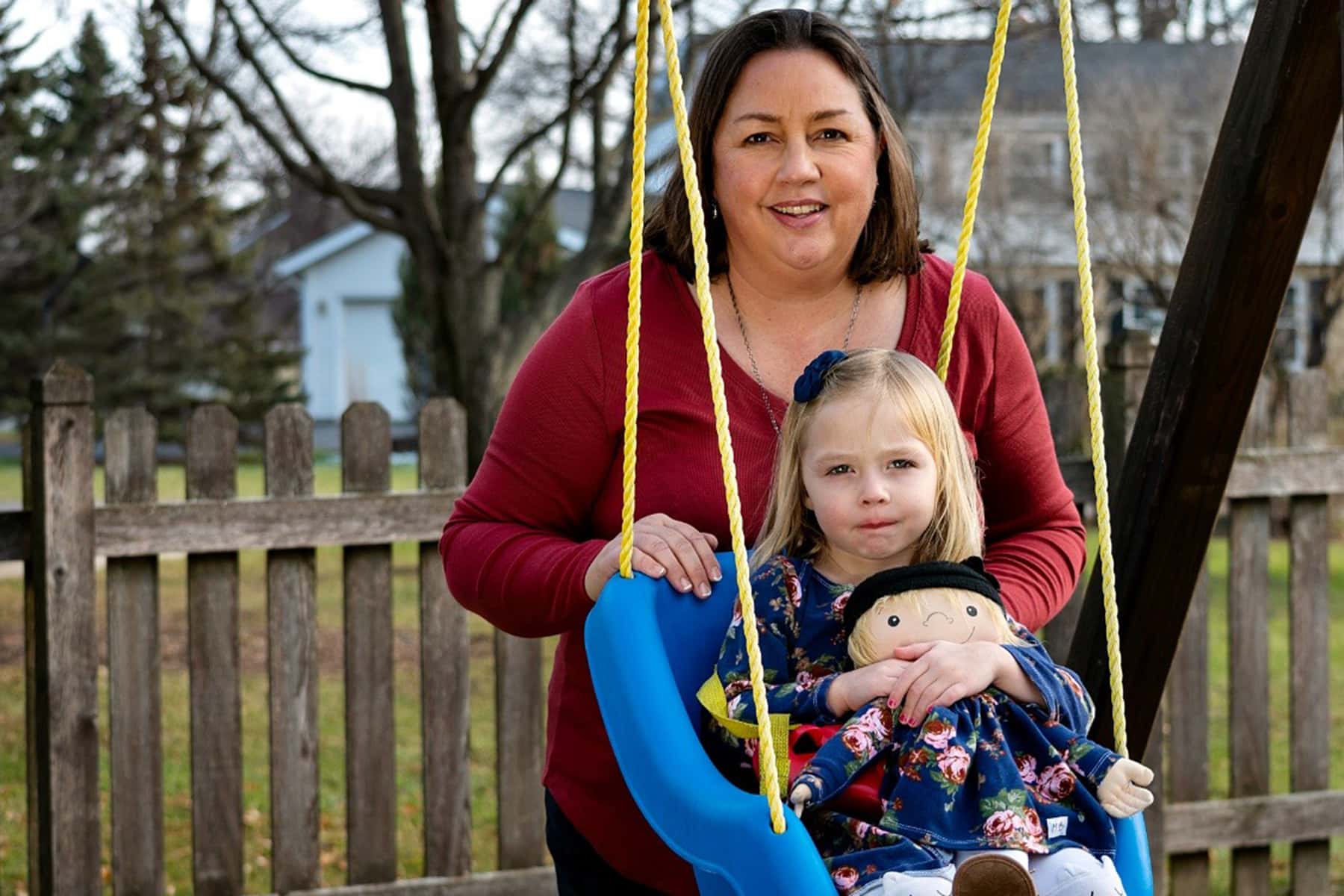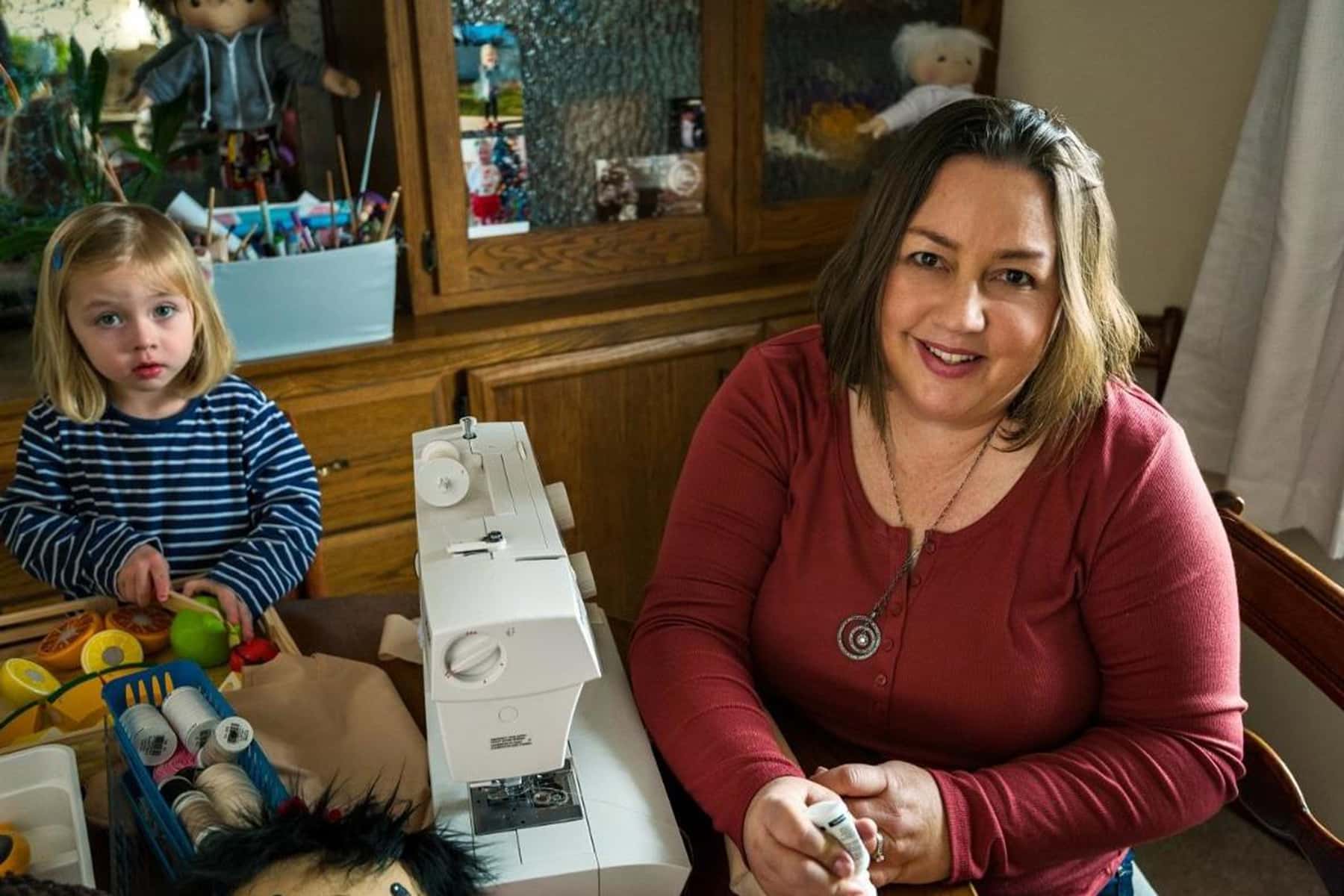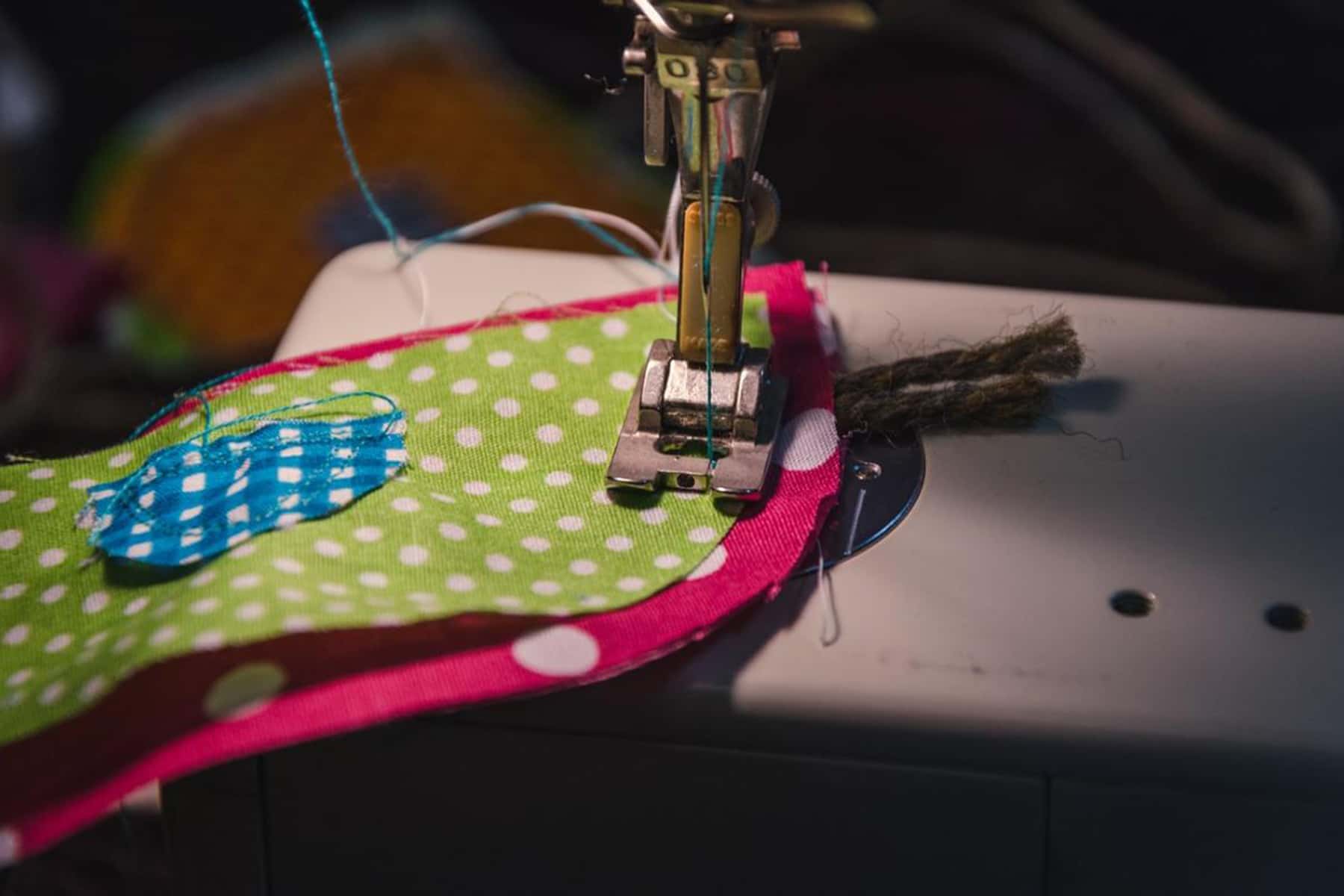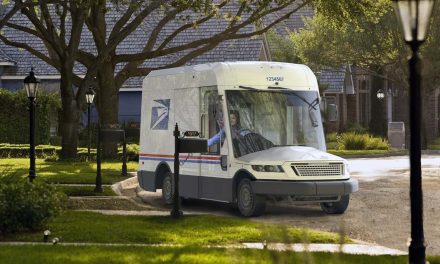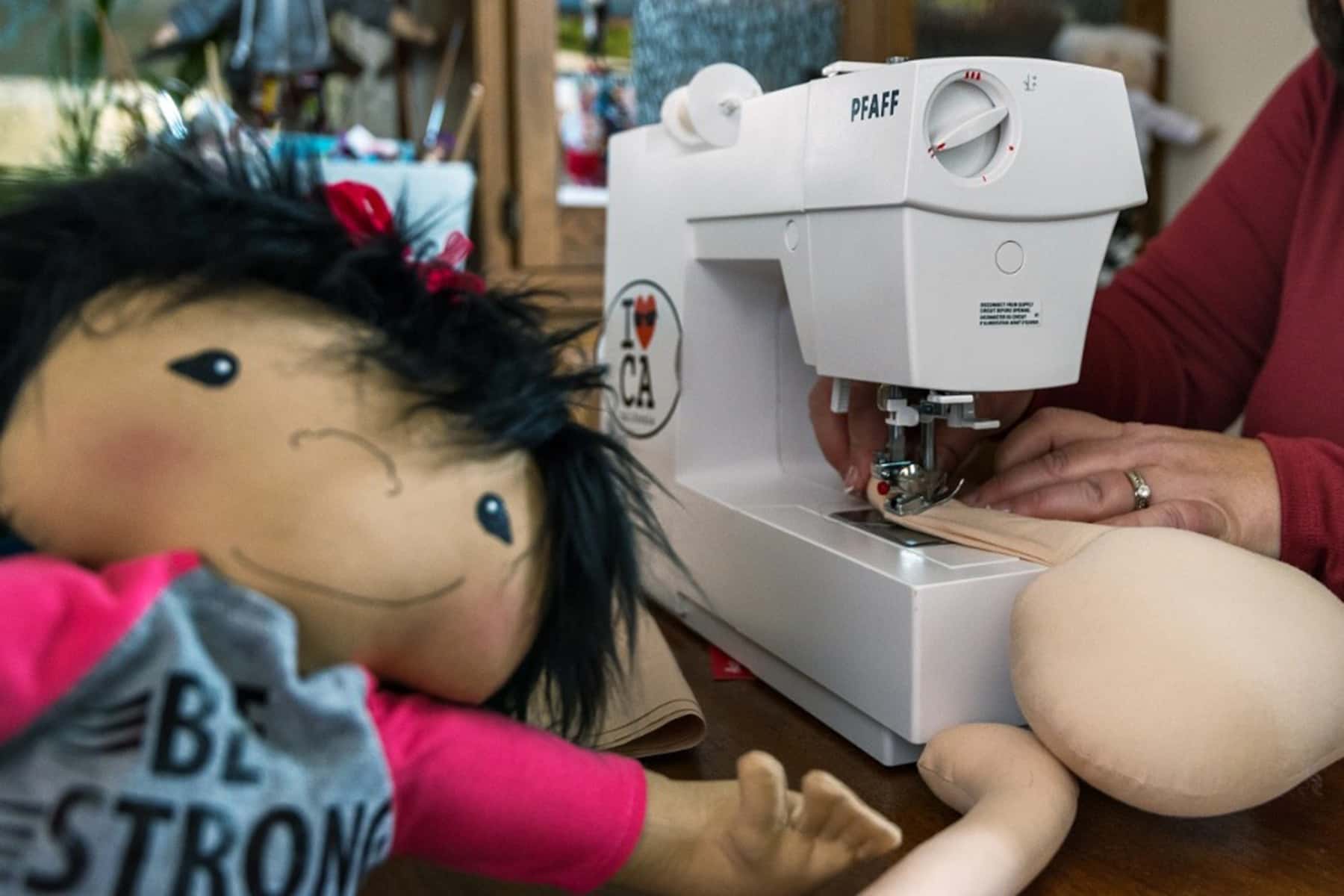
There were no dolls with prosthetics or missing fingers or casts on their feet. None on the shelves reflected albinism or came with an attached blind cane. So New Berlin mother of three Amy Jandrisevits began to use her sewing skills to celebrate the diversity the child not well-represented in toy stores.
A former pediatric oncology social worker, Jandrisevits has spent the past four years making custom dolls with characteristics that match their owners. Through her business, A Doll Like Me, Jandrisevits said she can continue her childhood hobby of playing with dolls, now in a more “socially appropriate” capacity.
The interest in creating a selection of more diverse dolls began with an inquiry from a friend of a friend, Jandrisevits said. That woman’s daughter had her leg amputated and wondered if Jandrisevits could make her a doll with a similar physical appearance.
“I’ve never been on top of it,” Jandrisevits said about fulfilling the orders. Within two months of operating, she had 200 doll orders.
Even with all the dolls that she has sewn, Jandrisevits said she has not actually been present when a child receives one of her dolls. Instead, she relies on videos and pictures to see their responses.
“There was one just the other day of a mom opening a doll of her son that died of cancer, and it just broke me,” Jandrisevits said. “Watching that was just — I don’t even know how to describe it.”
Jandrisevits said it was important for children to have something to relate to, and they tend to internalize the standard of what they think they should look like.
“You look at, for example, a child of color or a child with some type of difference, or maybe both, and you realize that they will never see themselves on a store shelf,” she said.
A GoFundMe page for her business has raised $77,703 since it was established about four years ago. On her fundraising page, Jandrisevits writes that the dolls cost about $100 each, including shipping. That is either paid for by family members, or Jandrisevits tries to figure out a way to pay for it herself.
“In my mind, none of these families should have to pay for a doll like this,” Jandrisevits said. “It should be a gift on behalf of our community that we say, ‘Look, we’ve done you a disservice. We really do support you.'”
The dolls have also played a role in sparking conversation about changing the diversity of children represented on commercials, in movies, and on toy shelves.
“I think we’re at the point where we’re hungry for a different narrative,” Jandrisevits added.
Elizabeth Dohms
Amy Jandrisevits
Originally published on Wisconsin Public Radio as Not Found In Stores: Dolls Celebrating Diversity Created By New Berlin Mom
Wisconsin Public Radio (WPR) is a civic and cultural resource that exists to enlighten and enrich the quality of life for its listeners. Help support their mission with a contribution.

